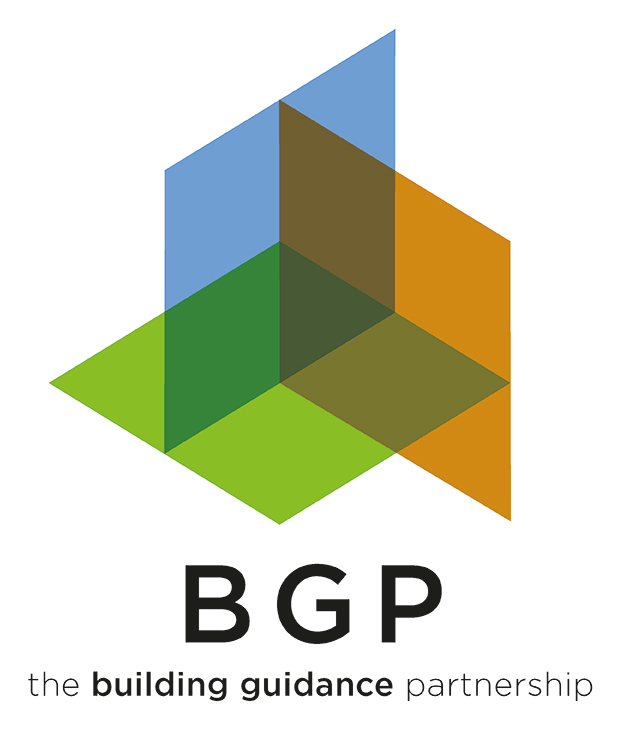Compliance, Insurance, Certification, Council Tax
overview of our service
Trusted
Experienced
Collaborative
frequently asked questions
My builder says he is insured. I don’t need any of this.
Often builder’s insurance only covers them, their business and their staff – but not your property. Sometimes builders pay for their insurance premium monthly. If the payment is not made in any month their policy will lapse.
The builders insurance will not cover your property when it is vacant and before construction commences.
Once construction has commenced the risks covered by your builder’s insurance are very limited and relate to their negligence. A separate policy is almost always required for broader coverage.
Isn’t this the builder’s or the architect’s responsibility?
While the builder and architect have responsibilities, certain aspects - such as ensuring proper insurance coverage, compliance with local regulations, and securing the necessary certifications - are often overlooked or not fully managed by them. Builders are responsible for construction, and architects focus on design, but neither typically oversees your personal insurance, fire safety measures, or council tax compliance. Our service ensures that all these important areas are properly handled, giving you comprehensive coverage and peace of mind.
I have buildings insurance already. Why is this not enough?
Standard residential buildings insurance typically covers a property under normal conditions, but once a property is undergoing renovation or left vacant, your existing policy will no longer be valid. Most insurers require specific policies for homes under construction, as the risks involved are much higher. We ensure you have the right insurance in place for the specific stages of your project, protecting you against potential disasters, accidents, or liabilities during the build.
What specific compliance issues do you handle?
We cover all essential compliance areas, including fire safety provisions on-site, advising on securing your property, and ensuring proper notification to the local authority regarding council tax. If necessary, we will also liaise with the Valuation Office to have your property re-classified. Additionally, we ensure the builder provides all necessary certifications, such as electrical safety, gas safety, window certifications (FENSA), and building regulations approval.
Why is certification important at the end of a project?
Certification proves that key aspects of your project, such as electrical work, gas installations, and structural integrity, have been completed to the required legal and safety standards. Without proper certification, you may face issues when selling ore remortgaging the property or with future insurance claims. We make sure all necessary certificates and warranties are in place at the end of your project.
How does fire safety impact my project’s insurance?
During construction, insurers often require that fire safety provisions, such as fire extinguishers and sensors, are in place on each floor. Failure to comply with these safety measures can void your insurance policy. We ensure that all fire safety requirements are met, protecting your property and ensuring your insurance remains valid. We rarely find contractors have fire fighting equipment or procedures on sites. These failures invalidate policies putting you at risk.

